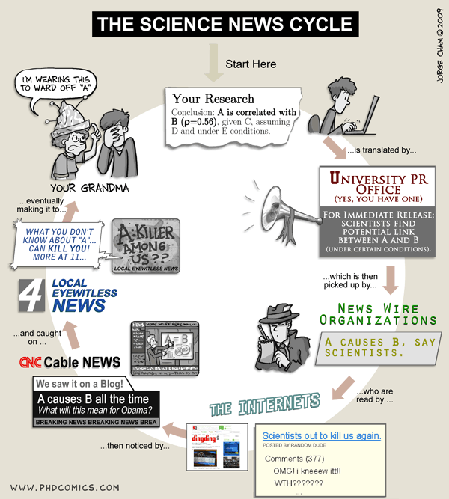I ran across this article on a medical site discussing how to approach people with faith- based objections to vaccinations, interviewing one person who works with Orthodox Jews and one who works with evangelical Christians. It is interesting to see the common threads. The approach taken has value when applied to other issues such as evolution.
In summary (applying to conversation about science in general):
Be nonjudgmental, listen carefully, answer questions, and use actual science to try to dispel conspiracy theories and paranoia about the motivations of the scientific community.
Validate their concerns and empathize with where those concerns come from. (Maybe someone they love went to college and studied evolution and lost their faith, and this has been painful for them.)
Teach how to evaluate resources and look into the goals of the organizations behind certain claims.
Speak to some of the values you know are important to the community. (It seems like this has been Katharine Hayhoe’s main approach, a successful one, in talking about climate change with Evangelicals.)
Model a Christian response to conflict. Don’t take opposition as a personal attack. Expect some difficult, emotionally laden conversations, and personal attacks on your morality, commitment to your faith, and character. Be loving and don’t respond by attacking.
Use humor and build relationships first so people will listen to what you say less defensively.
What’s the hardest part?
None of it is particularly easy, but it seems that “Don’t take opposition as a personal attack” is something I have to keep reminding myself of, and seems to be a problem both sides tend to forget in a heated discussion. We integrate these beliefs into our psyche and self image, and abandoning them is like losing a piece of yourself.
Very well put by you and those in the article and good advise to follow.
We are set up for an up hill battle. Scientific conclusions are viewed by many as being driven by political viewpoints. We are peppered in the news with conclusions of studies without the scientific test methodology or data which results in a lack of confidence in scientific methods by the public. One day X is good for you, the next day X is bad for you.
Scientific magazines, like Scientific American, have a lot of great reporting on science, but with a definite political leaning which drives people to the conclusion that science is politically driven. (e.g., they would not report on energy savings associated with the extension of daylight savings time, only saying it was less than expected, because it came from a Republican administration).
I do not remember any politics being brought into the science / engineering classroom in my undergraduate work at RPI or my graduate work at Tufts (a little around funding of grants if anything). Many people feel there is not a “level” playing field for work to be published, which I have not seen, have others?
This is one area where I can’t really blame people for having a level of distrust for science. The way that science is written about is sensationalized and studies that show very little are blown all out of proportion. Often we see what we want to see anyway – an article comes out telling us that two cups of coffee per day might protect against heart disease (or any number of vaguely worded things), then it must be a brilliant piece of journalism. An article that questions the benefits of something we have no intention of giving up? “Eh, can’t trust the media.” I think a lot comes down to what we already believe before we even read about science.
I feel like this is what Katherine Hayhoe is so good at doing with climate change. It’s also what I am not so good at doing but I’m trying to improve on.
We can thank the science news cycle:
This topic was automatically closed 3 days after the last reply. New replies are no longer allowed.
